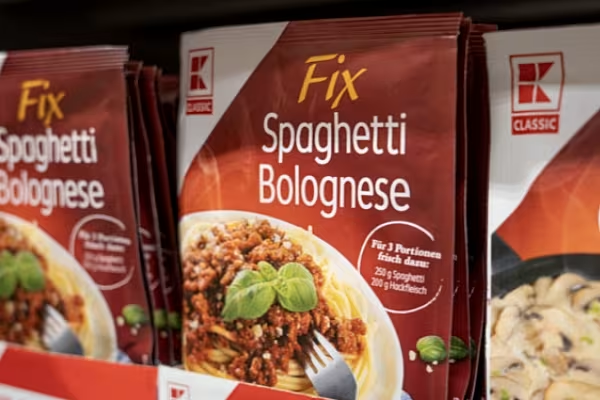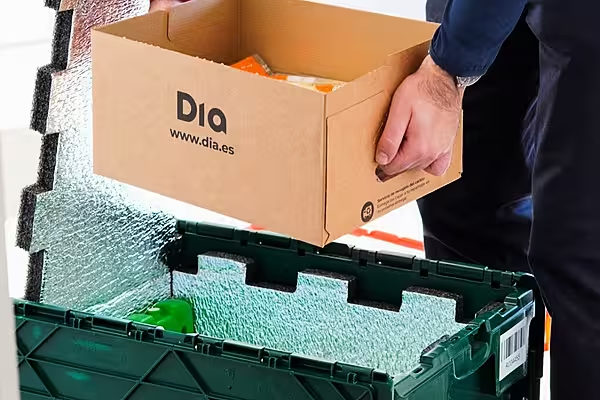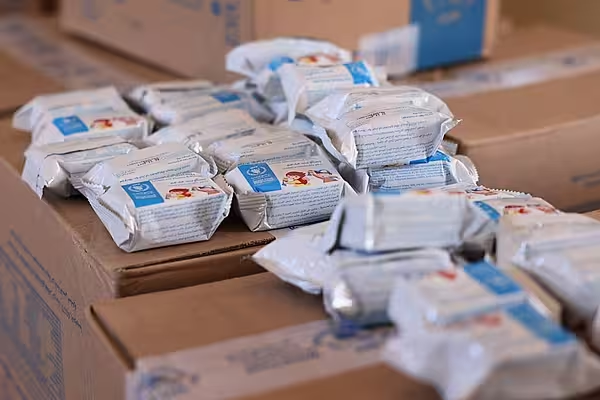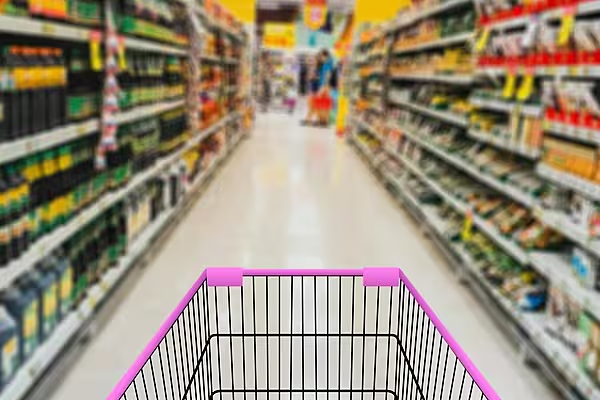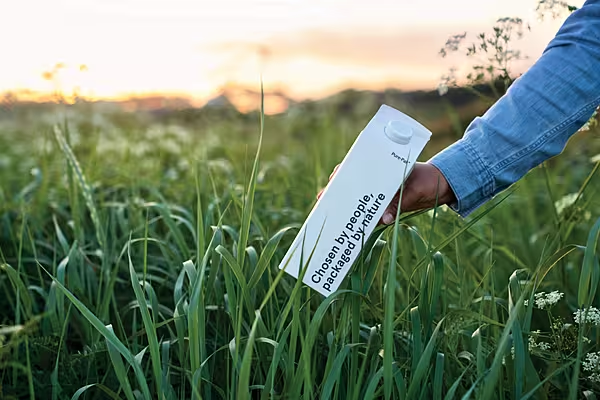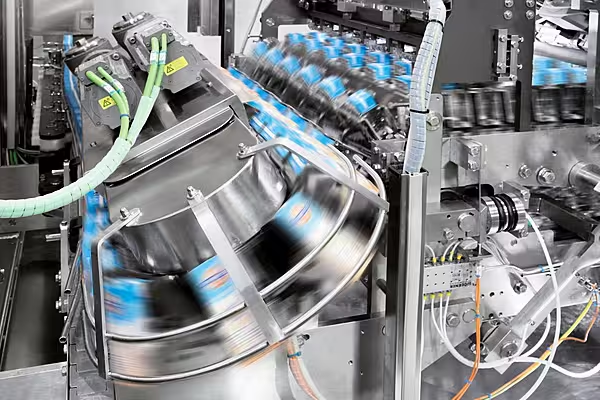German retail chain Kaufland has announced that it is working on making packaging more innovative and sustainable.
Last year, the company changed some of its own-brand packaging with the intention of saving valuable resources.
"Finding new packaging solutions, such as with sachets, always means breaking new ground," said Elisa Thieringer, international sustainability purchasing at Kaufland.
"As a food retailer, we also have a responsibility for the ecological footprint we leave behind."
Kaufland recently launched 'fix bags' to increase recyclability efforts.
The sachet of a fix bag is usually made of a combination of plastic, aluminum and paper.
PreZero
Kaufland said that scouring cream and toilet cleaner of its own brand K-Classic now uses 99% of recycled material from household packaging waste in the bottle body, instead of the previous 50%.
To achieve this, Kaufland is working with PreZero, the environmental division of the Schwarz Group.
Using a new processing technology, PreZero maximises the proportion of recycled material in the recycled material.
Closed Cycles
With this collaboration, Kaufland said it is also getting closer to its aim of closed cycles, because both the collection of the material for the product packaging and the downstream recycling are carried out by PreZero.
Due to the size, weight and high sales, the change in the product has a major effect, said Kaufland.
A total of 75 tonnes of recycled material are used for the Lemon and Ocean toilet cleaner SKUs each year, thus saving the corresponding amount of new plastic.
'REset Plastic'
Kaufland noted that this effort contributes to the plastic strategy jointly developed by the companies in the Schwarz Group, 'REset Plastic.'
The strategy aims, among other things, to reduce the use of plastic in primary packaging for own brands and to increase the proportion of recycled materials in these.
'Biggest Difference Possible'
"We have a great opportunity, especially in packaging management, for our own-brand products if we keep materials in the cycle," said Thieringer.
"Ultimately, it's always about making the biggest difference possible – not just for customers, but above all for the environment."
